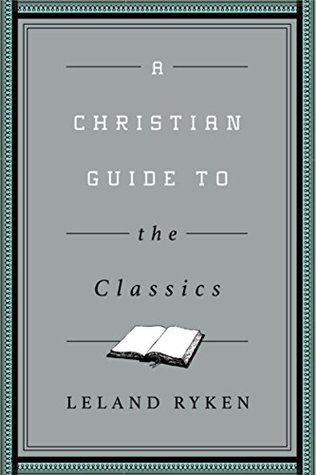More on this book
Kindle Notes & Highlights
we should approach a secular classic with the right expectations. We should expect to be edified, even though this will not happen in exactly the same way as when we read a Christian classic. We should expect to find human experience clarified and celebrated. We should expect to be entertained. We should expect to be stimulated to think and reach conclusions about ideas that are put before us. It is extremely rare to find a work of literature with which we find nothing to affirm.
We do not need to apologize for avoiding literature that mainly assaults our morality and sensibility, nor for leaving a book unfinished when its liabilities begin to outweigh its value to us.
When we read secular classics, we need to realize that we can agree with a literary work on some levels without agreeing on all levels. The reverse of that is also true: we can disagree with certain aspects of a work without rejecting all aspects of it. We should be generous when we read a secular classic—not indiscriminate, but generous.
“Some books are to be tasted, others to be swallowed, and some few [i.e., the classics] to be chewed and digested.” Francis Bacon
“We read books to find out who we are. What other people, real or imaginary, do and think and feel . . . is an essential guide to our understanding of what we ourselves are and may become.” Ursula Le Guin
“A classic is a book that has never finished saying what it has to say.” Italo Calvino
“Children are made readers on the laps of their parents.” Emilie Buchwald
“Why are we reading, if not in the hope of beauty laid bare, life heightened and its deepest mystery probed?” Annie Dillard


